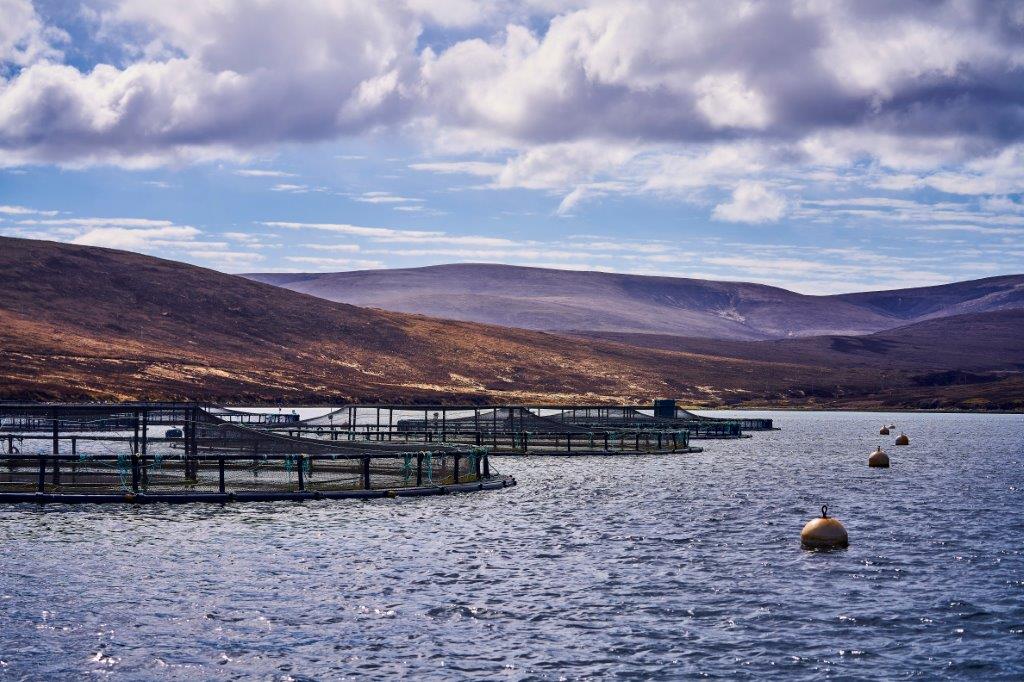
- Soil Association
- Our standards
- Updates to Soil Association standards for farming and processing in Northern Ireland

Updates to Soil Association standards for farming and processing in Northern Ireland
The Soil Association consulted on new organic standards proposals for Northern Ireland from November 2023 to January 2024. This included updated proposals for poultry, pigs, aquaculture and inputs to food, feed and crops.
Consultation responses informed our proposals to the Soil Association Standards Board who have given their approval and they have been agreed by Soil Association charity trustees.
For detailed information on the new requirements you can view our standards documents or download the Northern Ireland summary of changes document.
Why did we review the Soil Association standards for Northern Ireland?
Northern Ireland has different organic rules from the rest of the UK. The new EU organic regulation was adopted in Northern Ireland following the UK’s exit from the EU.
This new regulation largely means an increase in ambition for organic, but in a few cases the requirements are less strict. We consulted on Soil Association higher standards to address the key differences, which affect poultry, pigs and aquaculture. In most cases, the changes protect the high standards we already set.
The new regulation also includes several new permitted inputs to the lists for organic feed and crop production, and for organic food and drink. We review all new inputs and consult on their inclusion in the Soil Association standards.
What did we consult on?
Higher standards for poultry and pigs
The Soil Association has standards that exceed the Great Britain and EU organic regulation requirements for poultry and ensure high animal welfare outcomes. We consulted on new higher standards in pullet rearing, housing and outdoor access to safeguard health and welfare and to provide practical options to poultry producers. We are also proposed a higher standard for organic pigs in Northern Ireland to maintain high welfare outcomes for females with a litter of piglets.
Higher standards for fish
We proposed a new higher standard for organic salmonid species such as brown or rainbow trout, which limits the number of permitted parasite treatments and maintains our existing standard against a change in the regulation. Animals must always receive treatment when it is needed to protect their health and welfare. However, organic farms prioritise a preventative approach, using appropriate aquaculture site locations and good farming practices to promote animal health.
Inputs authorised for organic crop and seaweed production
Organic production is based on nourishing plants primarily through the soil ecosystem. It works with natural systems to control weeds and reduce damage from pests and diseases. The use of additional inputs must be secondary to these methods and are only justified in certain circumstances. The new organic regulations in Northern Ireland have made additional fertility inputs and plant protection products available for use in organic production.
Inputs authorised for organic feed processing
When additions to organic feed ingredients are required, they must be necessary to maintain the health, welfare, and behavioural requirements of the animal. They can also be used if it is impossible to produce or preserve feed without them. The new organic regulations in Northern Ireland have made additional additives and processing aids available for processors of organic feed.
Inputs authorised for organic food and drink
Organic food must contain a minimum of 95% (by weight) of organic agricultural ingredients. The use of additives and processing aids must be limited to only essential technological and quality functions. The inclusion of these, and any non-organic ingredients, must be approved for use in the organic regulations. The new organic regulations in Northern Ireland have made additions to the list of permitted additives, processing and non-organic ingredients.
For more detailed information, please download our summary of proposed changes
For more technical context, or to share your views, please contact standards@soilassociation.org.
In this section...
Summary of proposed changes
Download
